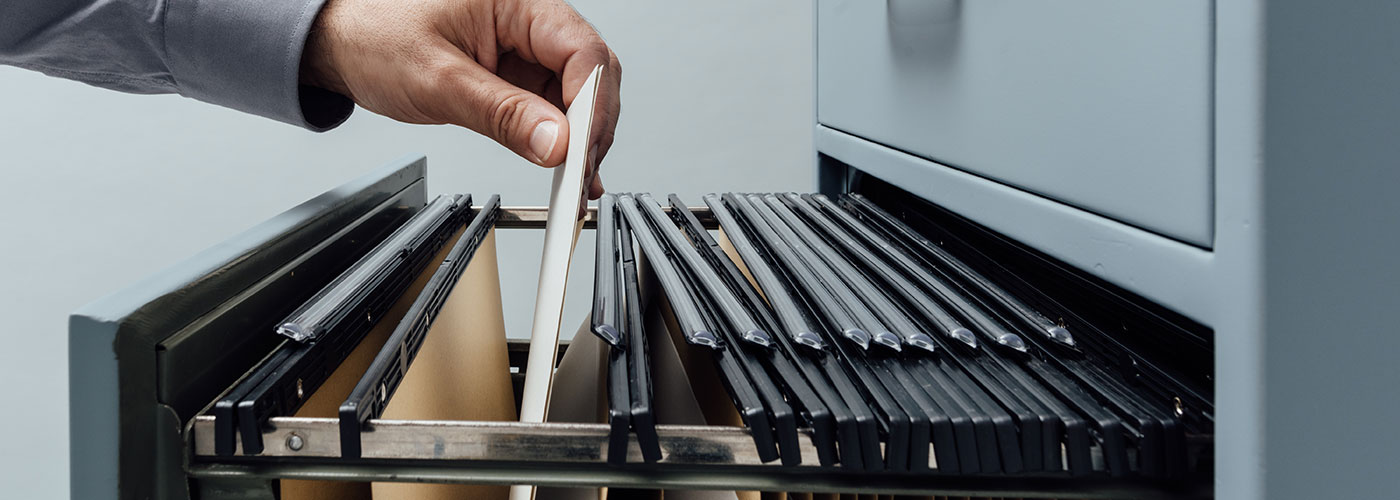Schedule a Free Consult
Schedule Your
Free Design Consultation
Free Design Consultation
Although we live in an electronic age, we still leave a long paper trail. From bills to receipts, unorganized paperwork really diminishes the Feng Shui of a home office.
Creating and maintaining a filing system is a must, Be aware that it can bog down quickly unless you’re willing to start shredding and throwing some paperwork in the recycle bin.
While it may be tough to figure out when to let go of a love letter or your kid’s artwork, financial records have much more definitive shelf lives to work with.
Think about a system that will work for you and will be easy to manage. For some a file cabinet works best even in today’s digital world while others prefer to scan, file in their computer, and shred. This is completely a personal decision to make but make it.

Divide your financial paperwork into the following time frames:
• Files to keep for a calendar year or less
• Files you should save for at least seven years (the typical time frame for a tax audit).
• Files you should keep indefinitely – (Birth certificates, marriage licenses, death certificates, wills, adoption papers, and records of paid mortgages).
Let’s take a look at some of the common financial paperwork you’ll find around your home office and determine which ones are safe to start throwing away and which ones you can start writing an expiration date on…
Receipts
Small Purchases – Unless they are business related, receipts for small personal purchases can be tossed as soon as you’ve used the item or after you’ve reached the time frame where you can no longer return or exchange it.
Large Purchases (appliances, big ticket items, services) – Keep the receipt(s) until the warranty of the product or service expires. If the item is covered under your homeowners or renters insurance, retain the receipt for the life of the policy to prove its value in case of theft or damage.
ATM Receipts
Once you’ve verified the transaction has posted to your account statement (either online or via the paper statement), toss the receipt.
Credit Card Receipts
Keep until you receive your monthly statements. If the receipts and statements match, toss the receipts and retain the statement for the calendar year.
Pay Stubs
Once you receive your W-2 for the year, get rid of them.
Insurance
Life Insurance – Policy information should be retained for the life of the policy plus three years.
Medical Insurance – Information should be saved for seven years from the date services were rendered.
Homeowners Insurance – Policy information should be kept as long as you own or rent the home, plus an additional ten years.
Bills & Statements
Service providers and financial institutions usually will send an end-of-year summary of your account activity. Once you receive that summary, it is safe to throw away statements from that calendar year. Retain the end-of-year summaries for seven years.
Tax Returns
Tax returns and anything that verifies the information on them should be saved for seven years.
Each of our custom offices is completely personalized and begins with a complimentary design appointment.
Schedule a ConsultDuring the consultation you and a designer will discuss your goals, wish list, and project budget, with the aim of designing an office system, and work area that will: